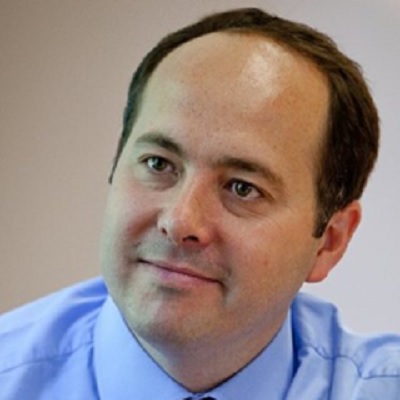
The role the international financial services industry has played in facilitating and laundering criminal funds and property was under the microscope last Wednesday with Stephen Platt stating that, as we now know, the finance industry has actually ‘enabled’ corruption, from drug trafficking and terrorism to human trafficking, proliferation, piracy and tax evasion.
He further believes that such extreme and dangerous industry behaviour deeply correlates with the risk-taking that led to the toppling of the global economy in 2008.
He discussed some measures that could be taken to prevent criminals compromising the legitimacy of the global financial system. His best-selling book 'Criminal Capital' examines the role of the traditional power house financial and offshore centres as well as the rapidly emerging international financial centres in the Middle East, Africa and Asia. He challenged his audience to consider whether, following the crisis, sufficient steps have been taken to address these toxic behaviours in major financial services companies or whether further radical reform is still needed.
Stephen Platt believes the financial services industry may have found its way back to prosperity, but not to health, in the way it is conducted; that both regulatory models and government responses are fundamentally flawed along with Anti Money Laundering (AML) legal enforcement and compliance. He went on to present other views including that the financial sector still gets beneficial treatment (only basic understanding is needed for a director to run a bank, for example, and no professional qualification or training is obligatory); meritocracy systems are not good or prevalent, but rather a kind of club exists instead; individuals are not held to account, they are not sanctioned and there is no accountability.
Currently, penalties are not targeted at the decision makers either, but are imposed upon the institutions themselves. Stephen Platt said what is required is a system which penalises the decision makers (whether at board level or within key risk management functions) as well as those individuals within an institution that are actually engaged in any such wrong-doing. "Our governments need to be aware that without this there is no ‘fear’ and nothing will change".
Stephen Platt was the guest speaker at the TIGFI (The Institute for Global Financial Integrity) lunch on Wednesday 16 September 2015. During his career he has interacted with, studied and scrutinised the vulnerability of banks, brokerages, trust companies and investment funds regarding criminal abuse in general.








